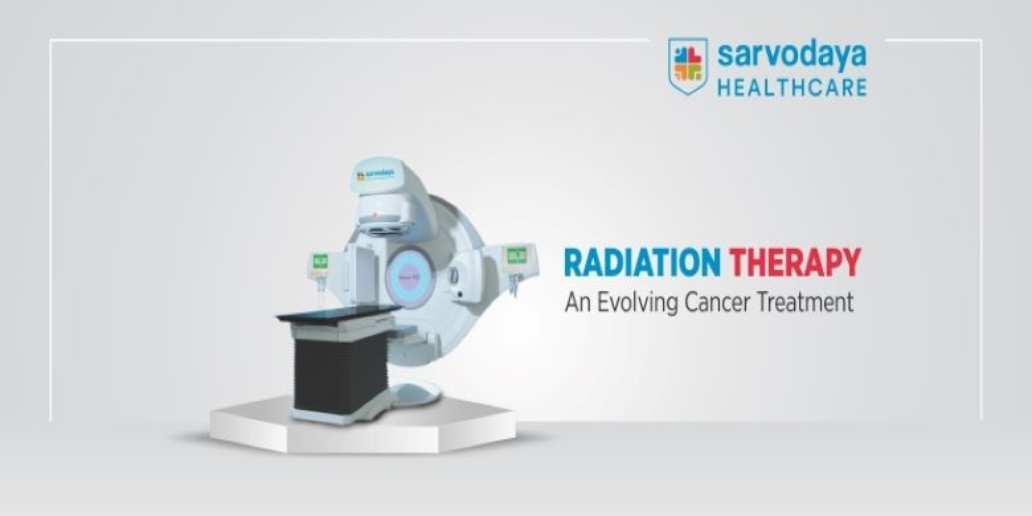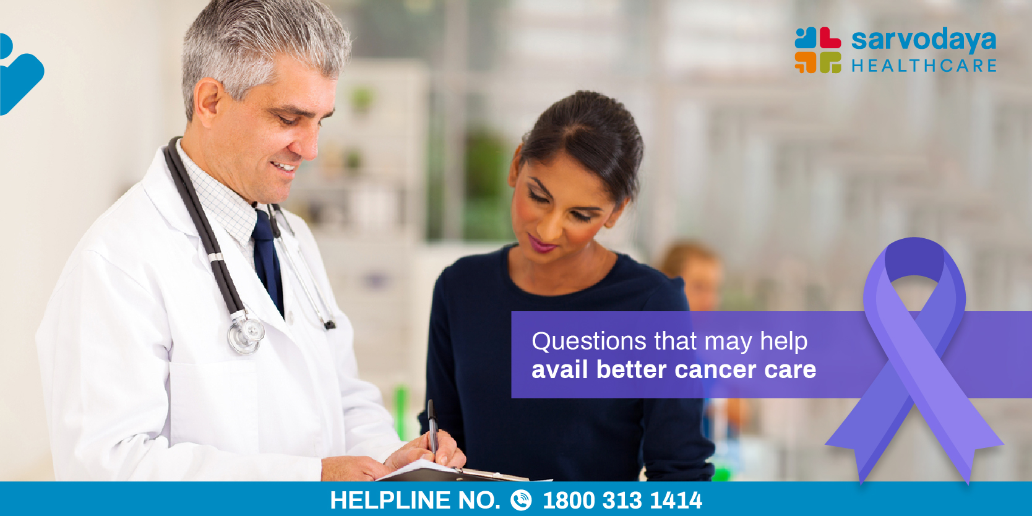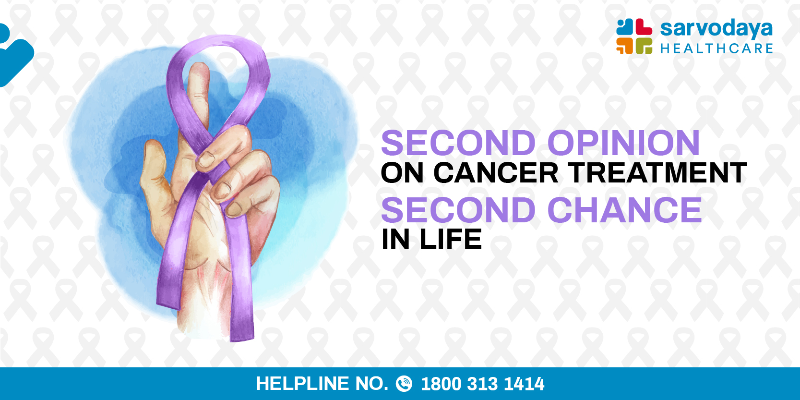What is Radiation Therapy?
Radiation therapy, or Radiotherapy is a cancer treatment that uses beams of intense energy to eradicate cancer cells. It generally uses X-rays, but sometimes protons or other forms of energy are also used.
The process involves a high-energy beam coming out of a machine aimed precisely at part of the body from the outside. However, brachy therapy is a process wherein radiation source is placed inside the body.
Radiation therapy kills malignant cells by destroying the genetic material that controls abnormal cell growth and multiplication. There are chances that both healthy as well as cancerous cells are damaged during a radiation therapy, however, advanced technologies nowadays aims to target only the cancer cells without damaging surrounding healthy cells.
Why it’s used?
Eighty percent of people diagnosed with cancer receive radiation therapy as part of cancer treatment. Doctors use it to treat almost all types of cancer and many benign tumours.
How it’s used?
The doctor might suggest radiation therapy as a treatment option at different stages of cancer and for other reasons like:
- Primary treatment for cancer
- Pre-surgery, to shrink the cancerous tumour
- Post-surgery, to stop the spread of malignant cells
- In a combination with chemotherapy
- In advanced cancerous stages to eradicate the symptoms
How to prepare?
Before starting the radiotherapy, your healthcare team guides you through a planning process to ensure that radiation reaches the targeted spot in your body where it's needed. The planning includes:
- Radiation stimulation: Here the team works with you to find a comfortable position for you during the treatment.
- Planning scans: The team takes you for a CT scan to determine the area of your body to be treated.
After the planning process, the radiation team decides the type of radiation, the number of cycles, and the dosage depending upon the type, stage, and general health of the cancer patient.
The dosage is planned in such a way to have the maximum impact on the malignant cells and less impact on the healthy tissues.
If you are undergoing radiation, your doctor might take you for periodic scans and blood test to determine the progress of the treatment. In some cases, the patient starts responding in the initial phases of radiation, but in others, it takes time to respond.
Book an appointment at Sarvodaya Centre InstituteWith the positive side of radiation, comes the after-effects. They are hair loss, skin sensitivity, fatigue, ulcers, loss of appetite, dryness, sore throat, nausea, difficulty in breathing, diarrhoea, frequent or improper passing of stool depending on site of treatment.
To bring maximum comfort and better outcome, we look for a treatment path that is not only simple but also supportive. The search for getting radiation therapy in Faridabad ends at the Sarvodaya Cancer Institute. The institute is equipped with city’s most experienced and highly skilled radiation oncologists, and with the help of North India’s most advanced technology, the whole procedure has been made simpler and more efficient.










